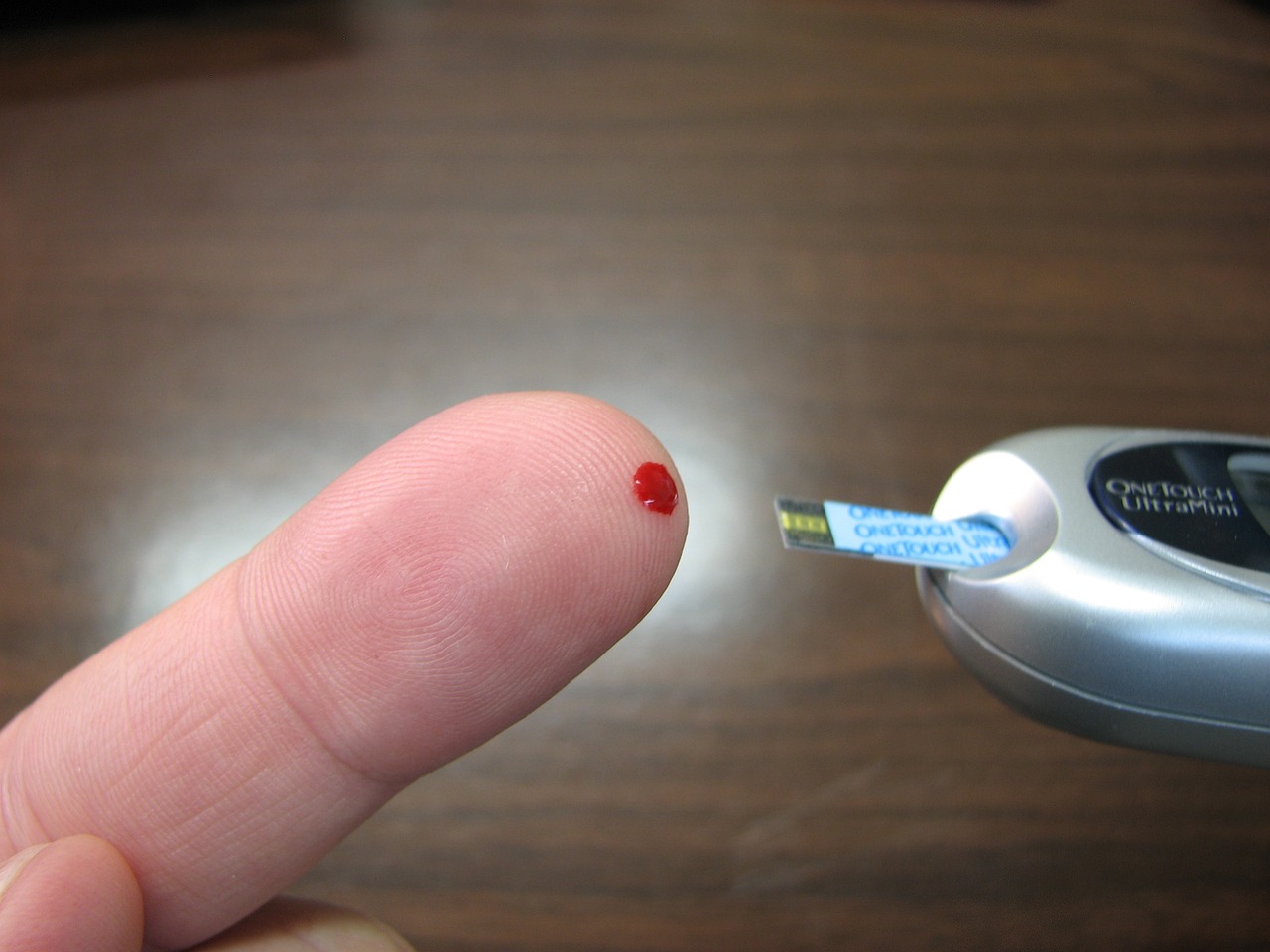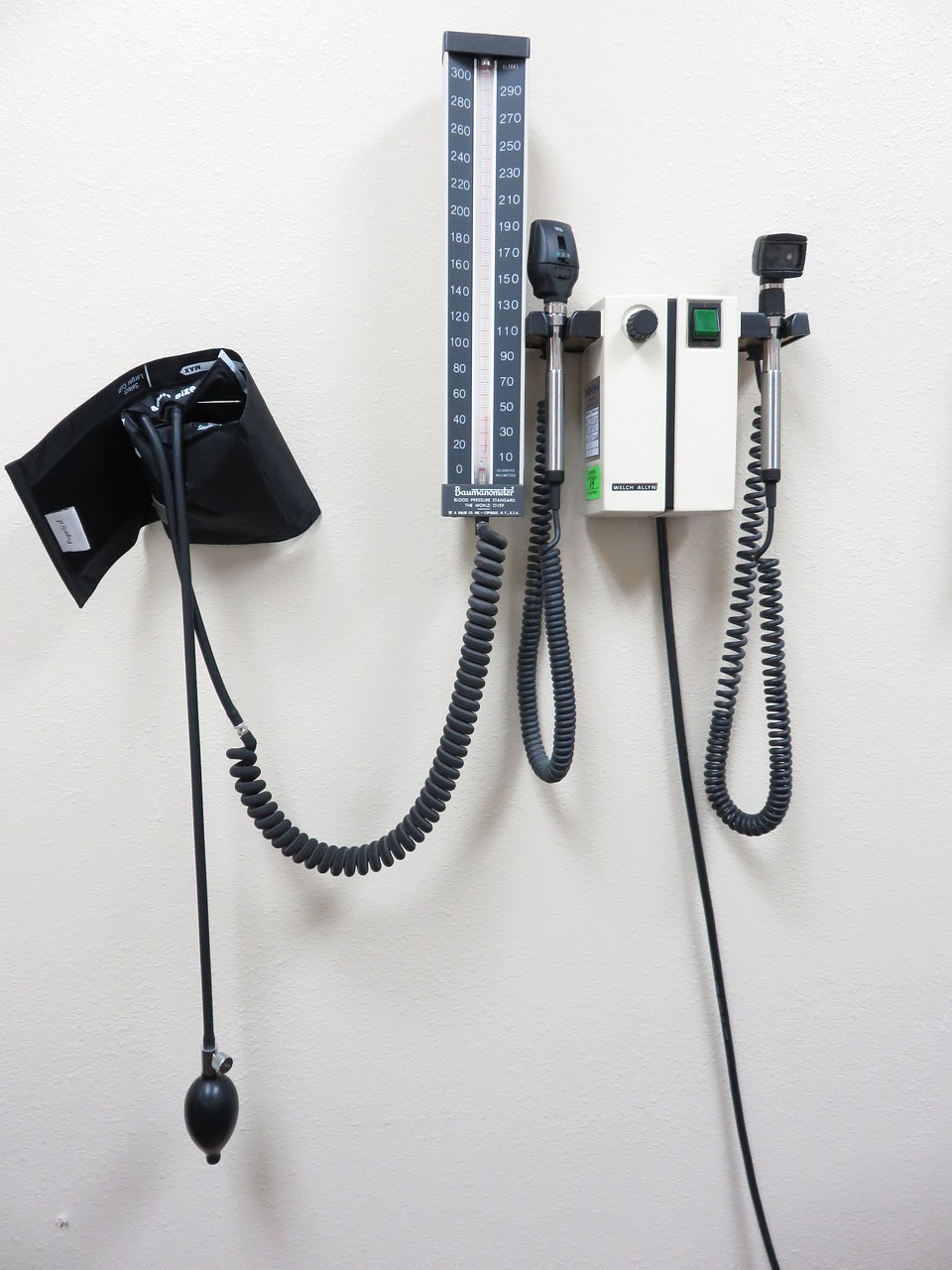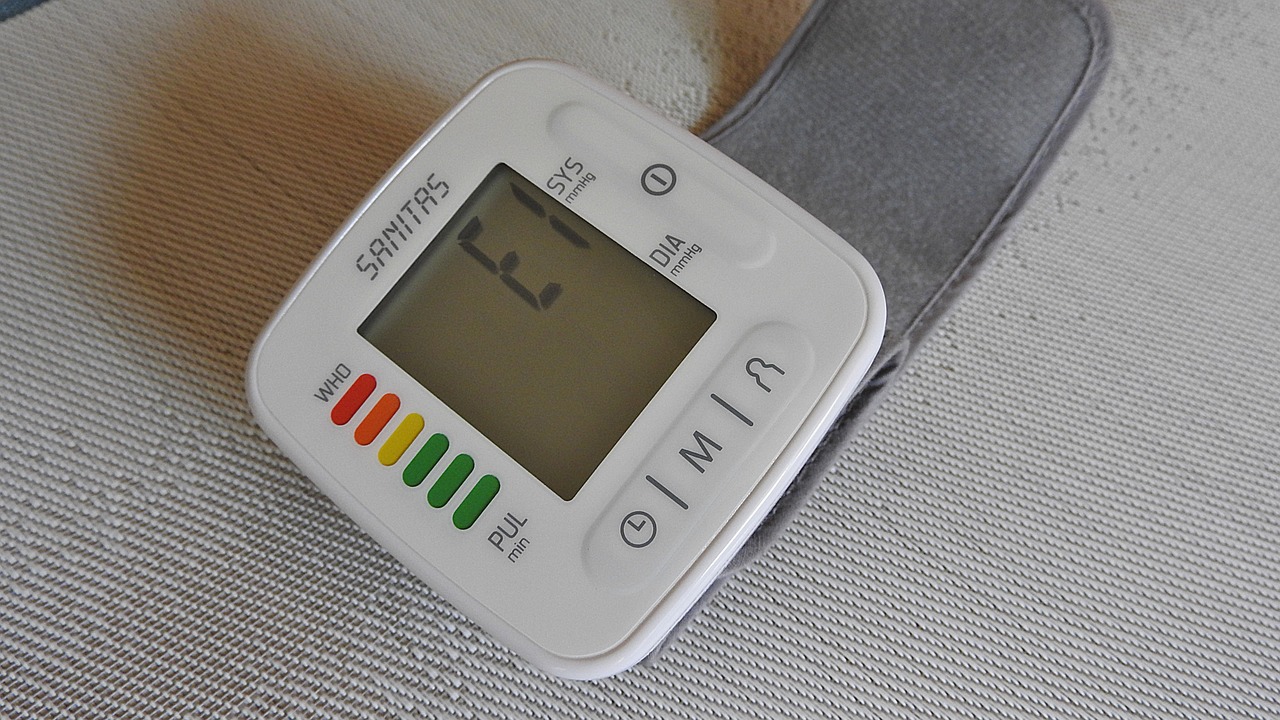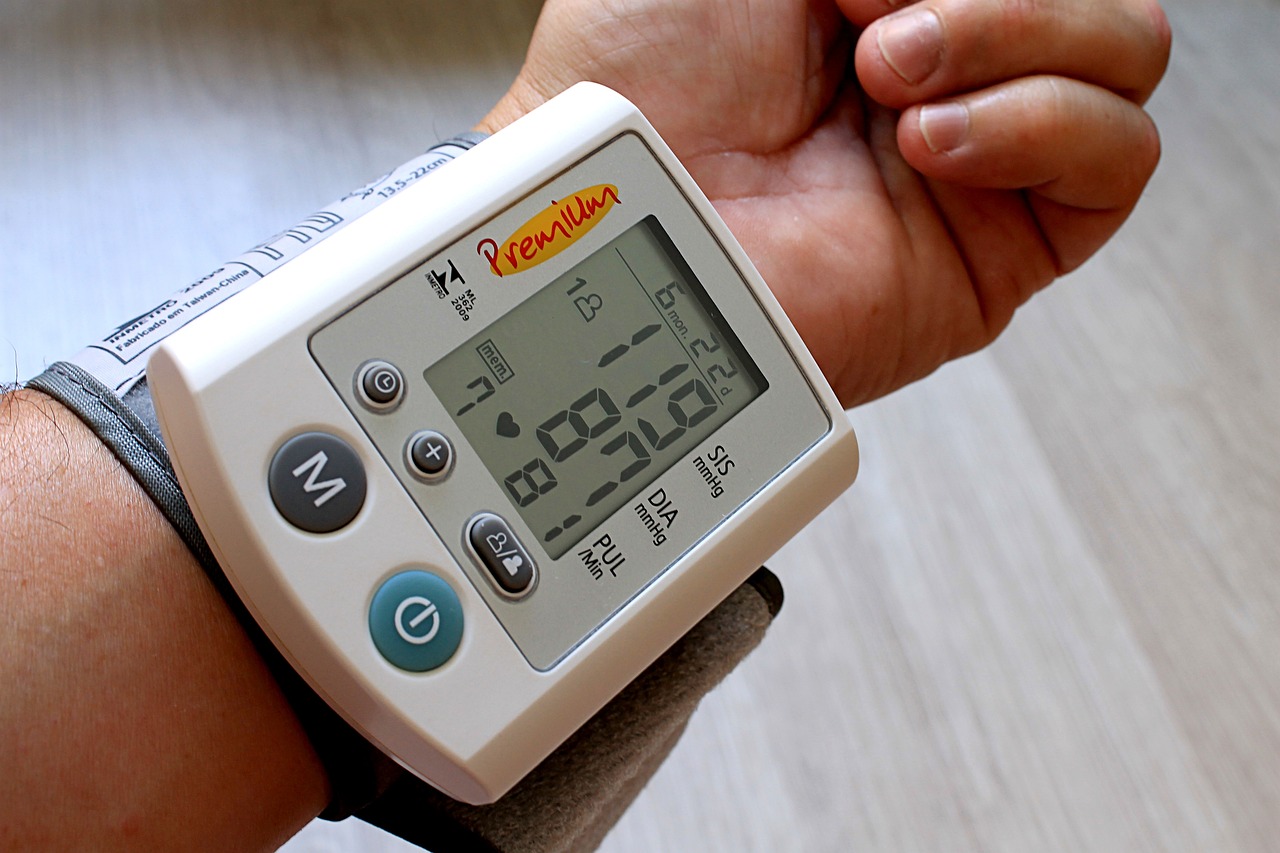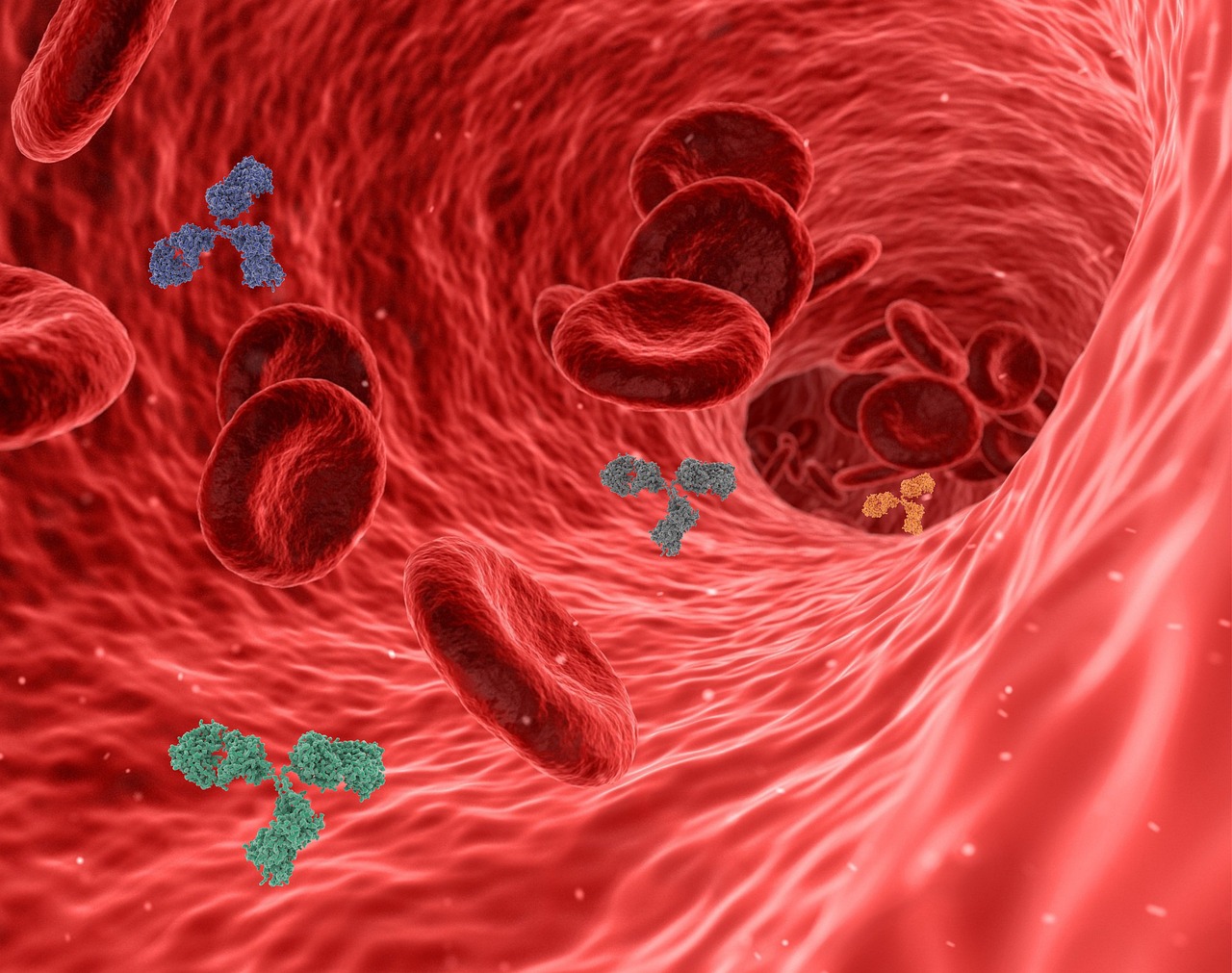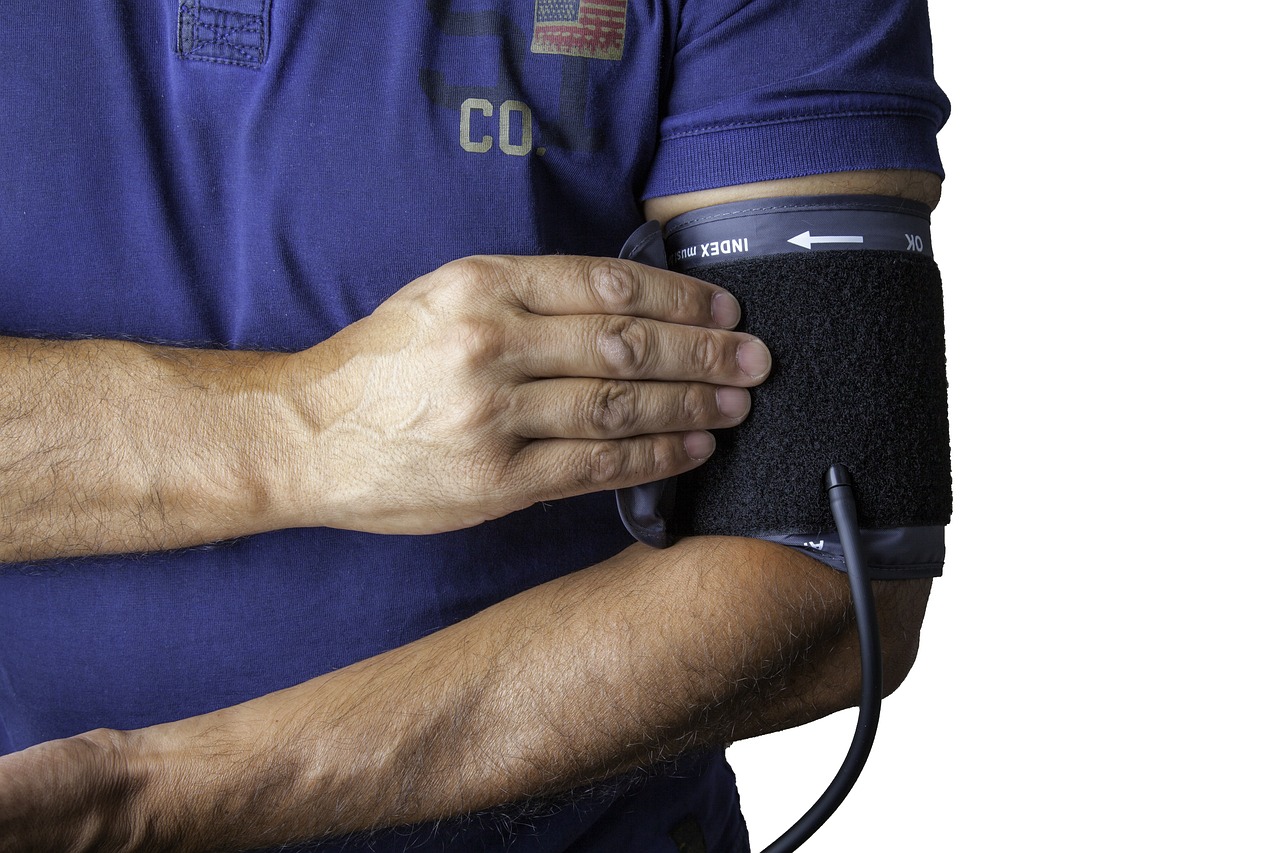Medications for Managing High Blood Pressure
High blood pressure, or hypertension, is a common health condition that often requires medical intervention to effectively manage. There are various medications available to help control blood pressure and reduce the risk of associated complications. Here are some common types of medications used for managing high blood pressure: It is important to note that these medications should be prescribed and monitored by a healthcare professional. The choice of medication depends on factors such as an individual’s blood pressure levels, overall health, and presence of other medical conditions. In addition to medication, lifestyle modifications such as a healthy diet, regular exercise, stress management, and limiting alcohol and sodium intake are also important for managing high blood pressure. Medications may be used in conjunction with these lifestyle changes to achieve optimal blood pressure control. It is essential to follow the prescribed medication regimen and attend regular follow-up appointments with a healthcare professional…
Blood Pressure Monitoring: The Importance of Regular Check-ups
Regular blood pressure monitoring is essential for maintaining optimal cardiovascular health. Monitoring blood pressure helps detect any deviations from normal levels, provides early indications of potential health problems, and allows for timely interventions. Here are some key reasons why regular check-ups for blood pressure are crucial: In conclusion, regular blood pressure check-ups are essential for monitoring cardiovascular health, detecting hypertension, assessing treatment effectiveness, and preventing complications. Individuals should follow their healthcare provider’s recommendations for blood pressure monitoring frequency and take an active role in managing their blood pressure levels for overall well-being.
The Impact of Stress on Blood Pressure
Stress is a natural response to challenging or threatening situations, but its prolonged presence can have a detrimental impact on various aspects of health, including blood pressure. The relationship between stress and blood pressure is complex, and understanding how stress affects blood pressure is important for maintaining cardiovascular health. Here are some key points to consider: Managing stress effectively is crucial for maintaining healthy blood pressure levels. Strategies for stress management include regular exercise, relaxation techniques such as deep breathing, meditation or yoga, engaging in hobbies, seeking support from friends and family, and maintaining a healthy work-life balance. Additionally, addressing underlying sources of stress and seeking professional help, such as therapy or counseling, can also be beneficial. It is important to note that stress management alone may not be sufficient for controlling high blood pressure, and individuals with hypertension should work closely with healthcare professionals to develop a comprehensive treatment…
Understanding the Dangers of Low Blood Pressure
While high blood pressure is a well-known health concern, low blood pressure, also known as hypotension, can also pose risks to overall well-being. Low blood pressure occurs when the force exerted by blood against artery walls is below normal levels. While it is not as prevalent as high blood pressure, understanding the dangers associated with low blood pressure is important. Here are some key points to consider: It is crucial to note that not everyone with low blood pressure will experience symptoms or complications. However, if symptoms of low blood pressure are persistent or severe, it is essential to seek medical attention to determine the underlying cause and receive appropriate treatment. In conclusion, while low blood pressure is not as commonly discussed as high blood pressure, it can pose dangers to overall health. Being aware of the potential risks associated with low blood pressure can help individuals recognize symptoms, seek…
The Role of Diet in Blood Pressure Management
Diet plays a crucial role in managing blood pressure levels. Certain foods and nutrients can have a significant impact on blood pressure, making dietary modifications an important aspect of hypertension management. Here are some key considerations regarding the role of diet in blood pressure management: It is important to note that dietary modifications should be personalized based on an individual’s specific health needs and in consultation with a healthcare professional or a registered dietitian. They can provide guidance and support in creating a tailored dietary plan to manage blood pressure effectively. In conclusion, adopting a balanced diet that is low in sodium, rich in potassium, magnesium, and calcium, and aligns with dietary guidelines, can contribute significantly to blood pressure management. Combined with other lifestyle changes and, if necessary, medication, dietary modifications play a crucial role in promoting cardiovascular health and reducing the risk of hypertension-related complications.
Lifestyle Modifications for Lowering Blood Pressure
High blood pressure, or hypertension, can often be effectively managed through lifestyle modifications. These changes in daily habits can have a significant impact on blood pressure levels and overall cardiovascular health. Here are some lifestyle modifications that can help lower blood pressure: It is important to note that lifestyle modifications should be implemented in consultation with a healthcare professional, who can provide personalized guidance and support. In some cases, medication may also be necessary to control blood pressure, and lifestyle changes can complement pharmacological treatment. By making these lifestyle modifications, individuals can take an active role in managing their blood pressure, reducing the risk of hypertension-related complications, and promoting overall cardiovascular health.
The Link Between High Blood Pressure and Heart Disease
High blood pressure, also known as hypertension, is a significant risk factor for heart disease. The connection between these two conditions is well-established, and understanding their relationship is crucial for preventing and managing cardiovascular problems. When blood pressure is consistently high, it places increased stress on the arteries and the heart. Over time, this can lead to the development of atherosclerosis, a condition where the arteries become narrow and hardened due to the buildup of plaque. The narrowed arteries restrict blood flow, forcing the heart to work harder to pump blood throughout the body. This increased workload can weaken the heart muscle and contribute to the development of various heart diseases. One of the most common heart conditions associated with high blood pressure is coronary artery disease (CAD). In CAD, the arteries that supply oxygen-rich blood to the heart muscle become narrowed or blocked, leading to chest pain (angina), heart…
Understanding Blood Pressure: A Basic Overview
Blood pressure is a fundamental measure of cardiovascular health. It refers to the force exerted by circulating blood against the walls of arteries as it flows through them. This pressure is essential for the transportation of oxygen, nutrients, and hormones throughout the body. However, when blood pressure is consistently high or low, it can indicate underlying health issues. Blood pressure is typically measured using two values: systolic pressure and diastolic pressure. The systolic pressure represents the force exerted on artery walls when the heart contracts and pumps blood, while the diastolic pressure represents the force when the heart is at rest between beats. Blood pressure readings are recorded as a fraction, with systolic pressure over diastolic pressure (e.g., 120/80 mmHg). Normal blood pressure ranges fall within a specific range. The American Heart Association (AHA) defines normal blood pressure as systolic pressure below 120 mmHg and diastolic pressure below 80 mmHg.…

